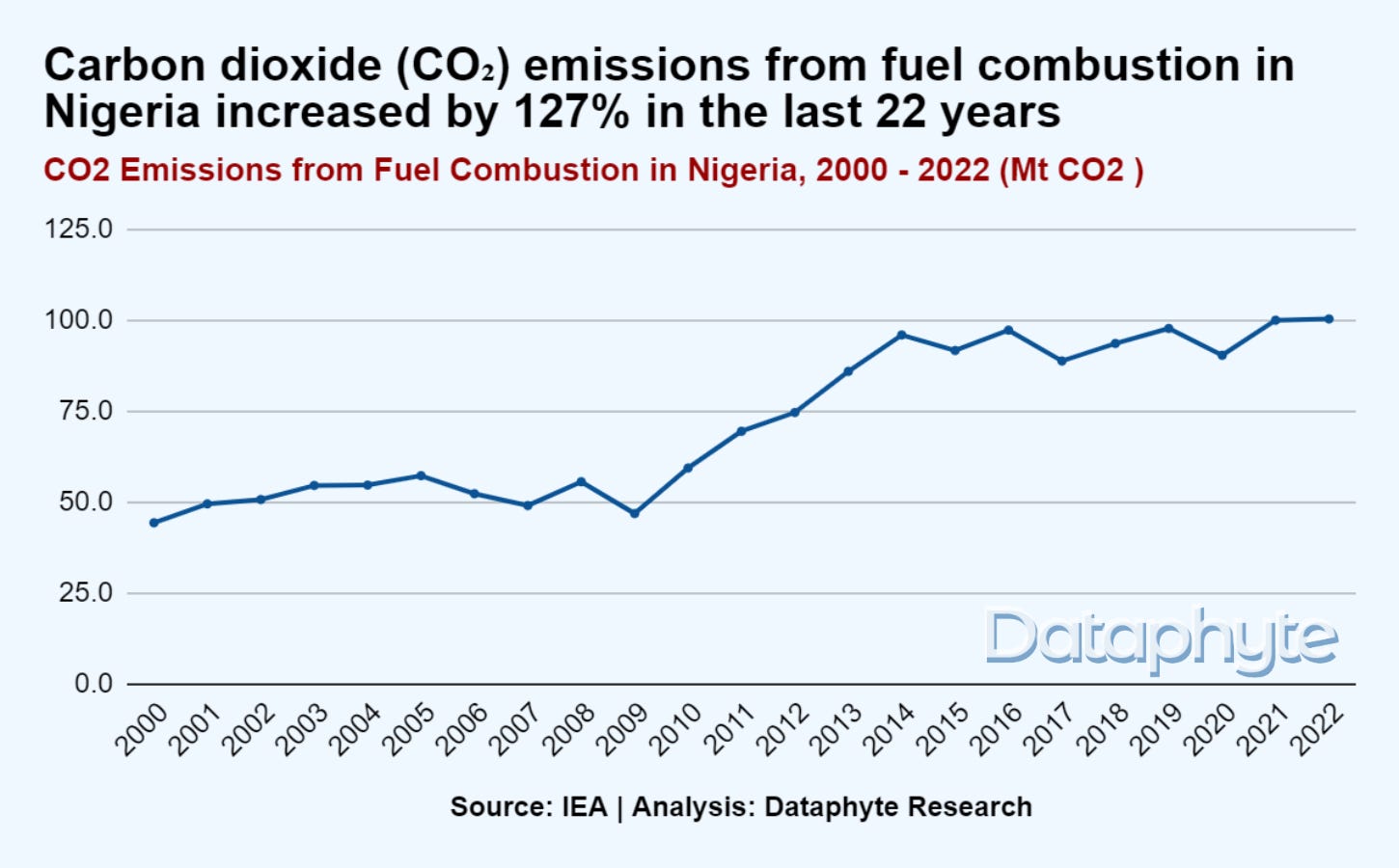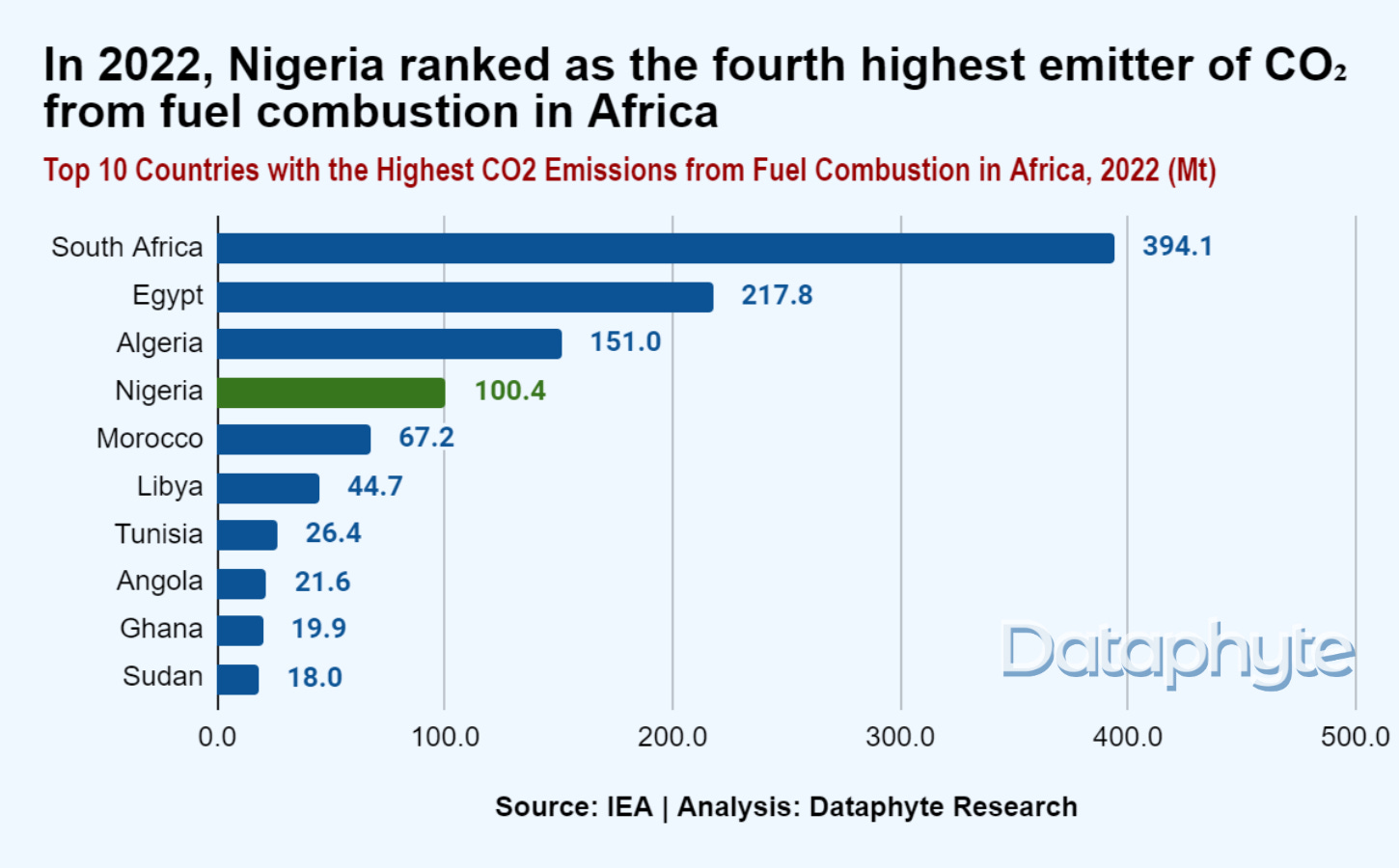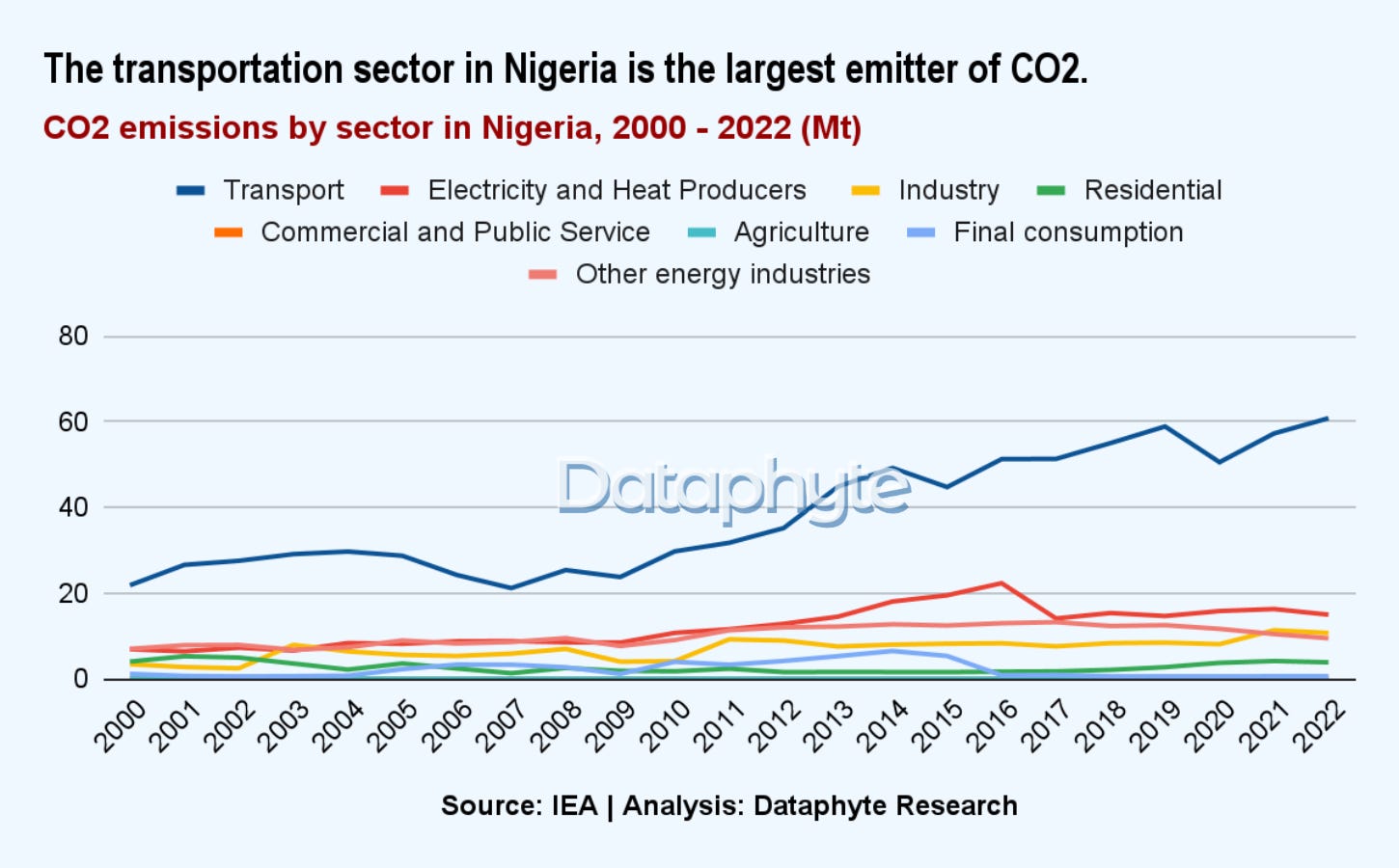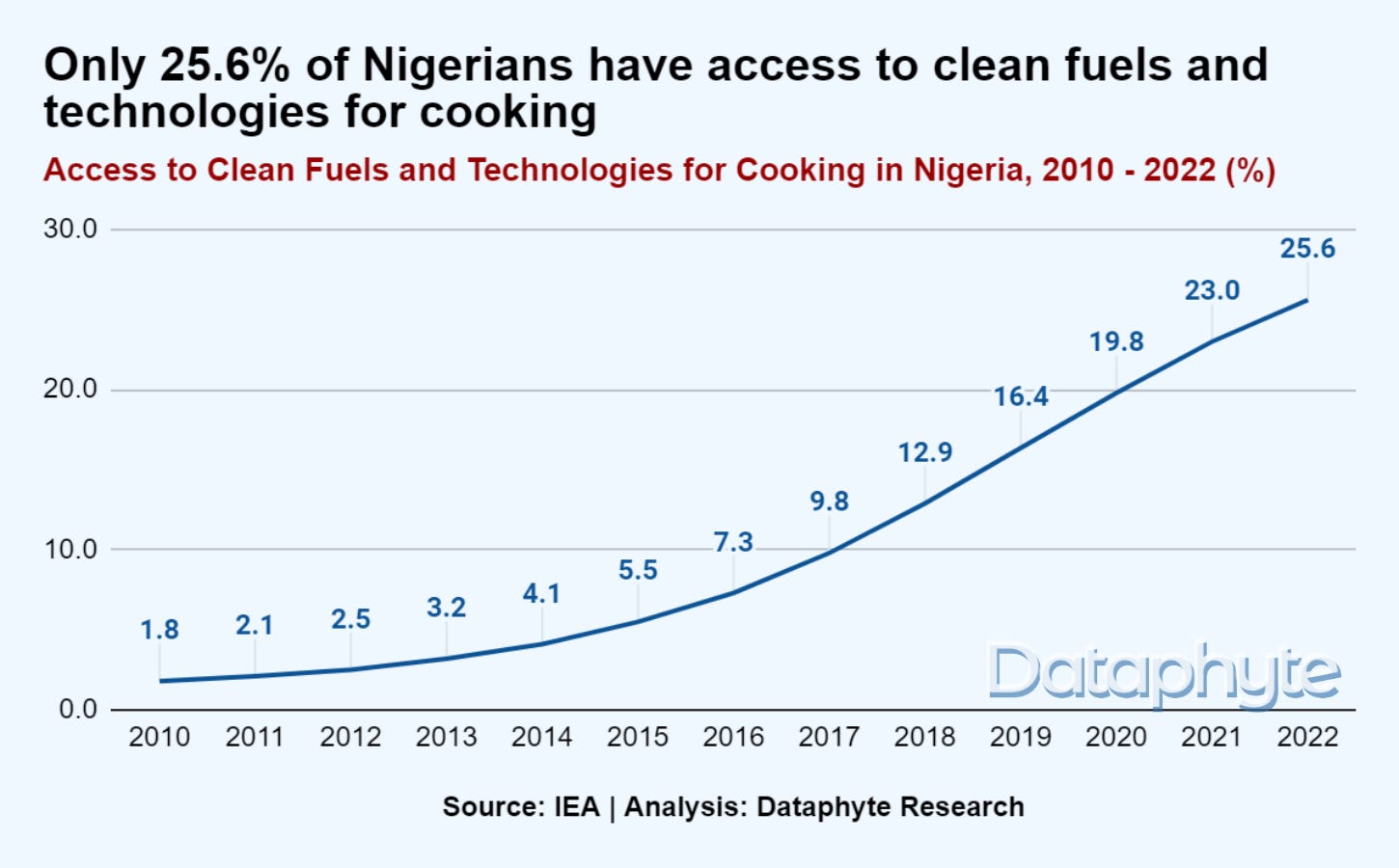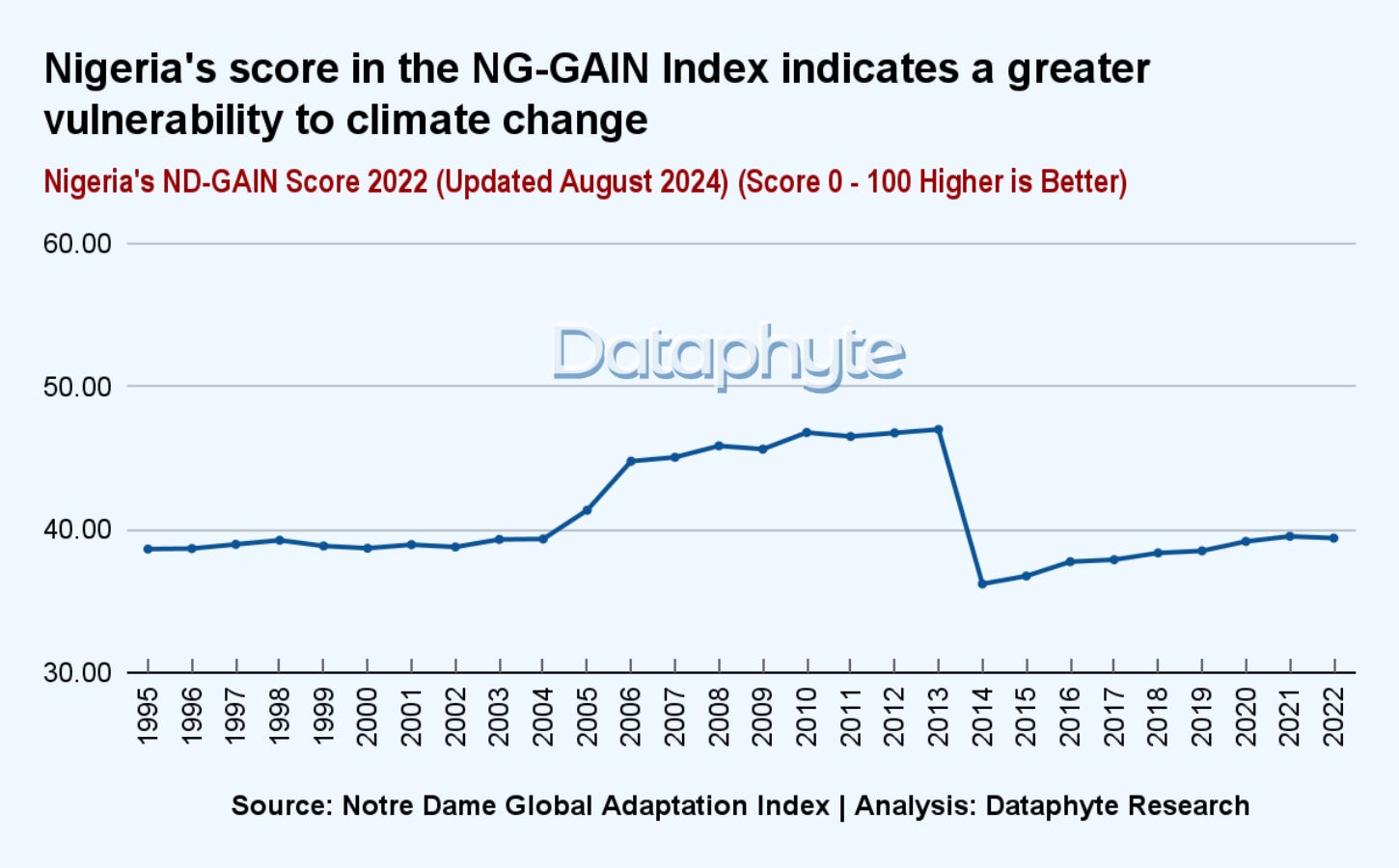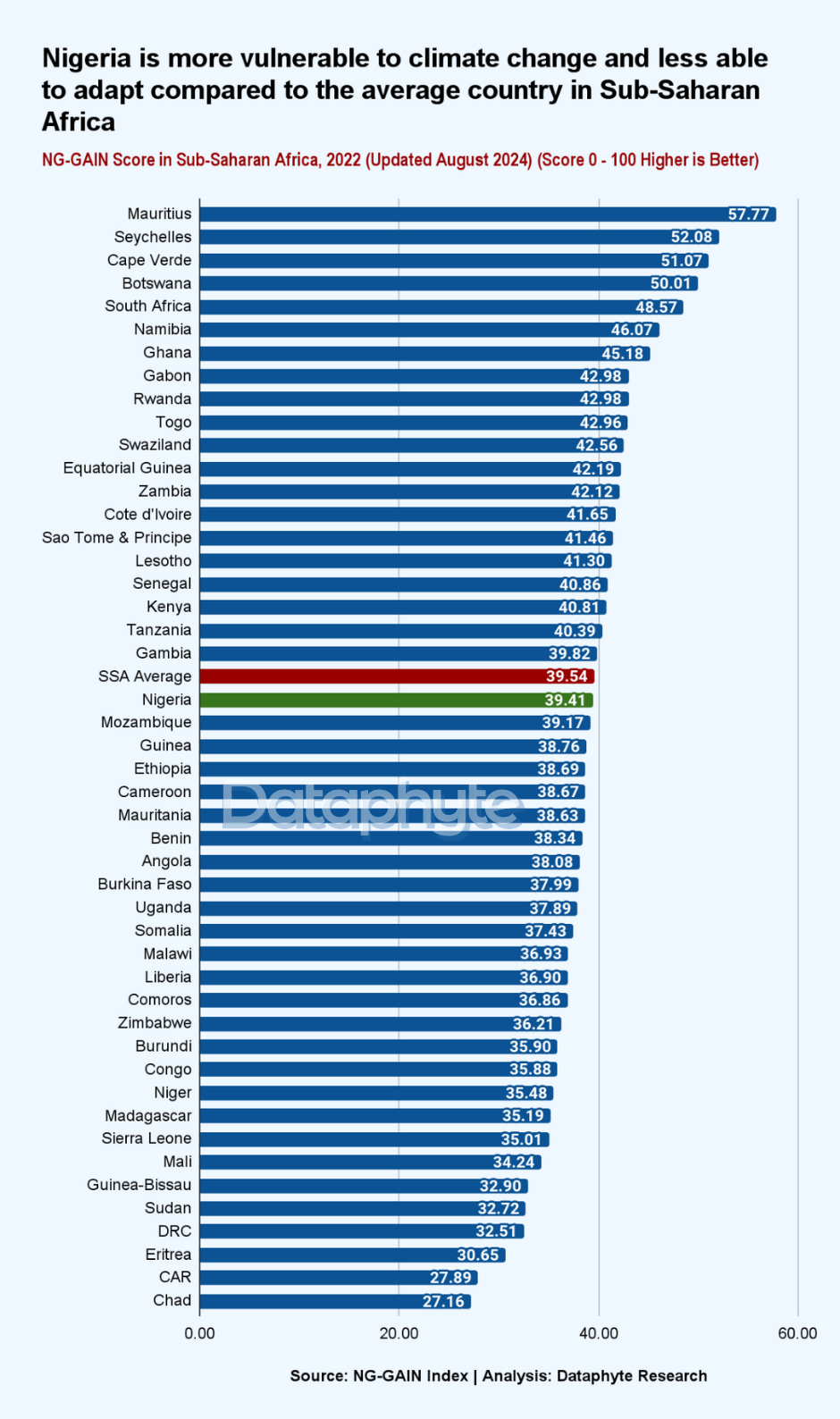COP29, Carbon, and Climate Finance
This November, Nigeria and nearly 200 other nations will convene for the 29th time at the Conference of the Parties (COP29) in Baku, Azerbaijan to review global climate efforts aimed at limiting the rise in global temperatures to 1.5°C above pre-industrial levels.
This time, all the countries — from top emitters to those on the frontline bearing the heaviest burdens of climate change – will gather in the same conference room to discuss where the world stands and the way forward.
After two weeks of checking in and catching up on humanity's struggle against a warming world, some will return to lush landscapes, while others will go back to lands scorched and seas encroaching.
Regardless, all are bound by a truth that needs no translation; the climate clock ticks for all, but it ticks faster for some than others.
Beyond serving as a platform for countries, especially those deemed vulnerable to climate impacts, to advocate for enhanced support and solutions, COP meetings also provide an opportunity to assess how at-risk nations in Africa including Nigeria, are advancing on their journey toward zero carbon.
Is there genuine progress, or merely an illusion of change, masked by ambitious pledges and targets yet to be met?
In two major reports on the first-ever global stocktake, the United Nations warns that the world is significantly off track in meeting the goals of the Paris Agreement and emphasizes the need for urgent action to combat the growing threats posed by climate change.
While the Paris Agreement has driven global and national climate action, there remains a significant shortfall in emissions reductions.
The situation varies by country, and for Nigeria, a similar trend is playing out.
Notably, carbon dioxide (CO2) emissions from fuel combustion in Nigeria, a major source of greenhouse gases, rose by 127%, from 44.331 mega tonnes (Mt) in 2000 to 100.389 Mt in 2022.
When compared with its peers in the African region, Nigeria is ranked as the fourth highest emitter of CO2 from fuel combustion in Africa in 2022. This is closely tied to the country’s dependence on fossil fuels for energy production, particularly oil and gas, which constitute a significant portion of its energy mix.
The country’s heavy reliance on carbon-intensive energy sources not only contributes to high emissions but underscores the urgent need for a transition to more sustainable alternatives.
In addition to the emission from fuel combustion, carbon emission comes from other sectors of the economy, including the transportation sector, which has consistently been the largest emitter of CO₂ over the past 22 years. Other sectors, such as industry and electricity and heat production, also contribute significantly to emissions in the atmosphere.
Carbon emissions from residential sources are also partly driven by the energy access gap among Nigeria's population. With only 25.6% of Nigerians able to access clean fuels and cooking technologies, many households still rely on traditional biomass fuels like wood and charcoal. This reliance not only elevates carbon emissions but also exacerbates health risks from indoor air pollution.
Moreover, the widespread use of these biomass fuels like firewood contributes to deforestation and increases greenhouse gas emissions, further compounding Nigeria's environmental challenges. Expanding access to cleaner cooking solutions could be a crucial step in reducing emissions and improving public health, aligning with Nigeria’s broader climate goals as it strives to meet global standards that will be discussed at COP29.
As Nigeria grapples with these challenges, its susceptibility to the negative impacts of climate change intensifies, and its preparedness for climate resilience remains uncertain. This is evident in its score of 39.41 out of 100 on the Notre Dame Global Adaptation Initiative Index (NG-GAIN 2022, updated in August 2024). This index evaluates a country's vulnerability to climate change and its readiness for both mitigation and adaptation efforts.
In Sub-Saharan Africa, Nigeria is more vulnerable to climate change and less ready to climate resilience and adaptation than the average country in Sub-Saharan Africa
Amidst the ongoing climate challenges, successive governments have initiated some strategies towards the climate cause in the country. Among other things, the country has begun to embrace compressed natural gas (CNG) as an alternative fuel for transportation, a positive step toward minimising its carbon footprint and reinforcing its dedication to global climate initiatives.
Additionally, the country recommits to its unconditional contribution of 20% below business-as-usual by 2030 and increases its conditional contribution from 45% to 47% below business-as-usual by 2030, provided that sufficient international support is forthcoming in the 2021 Nationally Determined Contribution (NDC).
Despite these efforts and plans, the obstacles remain vast and daunting. First, the complex landscape of emissions in Nigeria highlights the urgent need for comprehensive strategies to address these sources and promote sustainable practices across various sectors.
The other key factor to consider is the financial constraint to achieving the overarching goal of zero carbon and energy transition.
A report by the National Council on Climate Change estimated that about $410 billion in incremental funding is required (and $1.9 trillion in total) to fund the transition between 2021 – 2060, translating to an average of $10 billion per annum in incremental funding over the period. This pathway offers significant opportunity for gas commercialisation up to 2030 to end flaring, before gas is phased out in 2060.
Recognising that developing countries, though not major contributors to greenhouse gas emissions, bear the brunt of climate disasters linked to global warming, developed nations at COP15 in Copenhagen in 2009 committed to mobilising $100 billion annually by 2020 to support developing nations in achieving meaningful mitigation actions and ensuring transparency in their climate efforts.
According to the Organisation for Economic Co-operation and Development (OECD) the $100 billion climate goal was met for the first time in 2022 when developed countries provided and mobilised a total of $115.9 billion in climate finance for developing countries.
For climate-vulnerable nations like Nigeria, ensuring favourable outcomes at COP29 requires prioritising the needs of 3.6 billion people in such at-risk countries. In particular, these nations are anticipated to push for an ambitious, needs-focused climate finance which is crucial for supporting their transition to low-emission economies and strengthening resilience against climate change effects where lives and livelihoods are most endangered.
We wish all the delegates from Nigeria and other climate-vulnerable countries at COP29 a successful negotiation. May their efforts spark real change that takes root back home, turning promises into progress long after the final curtain falls!
Thanks for reading this data dive. Do have a pleasant week ahead!




